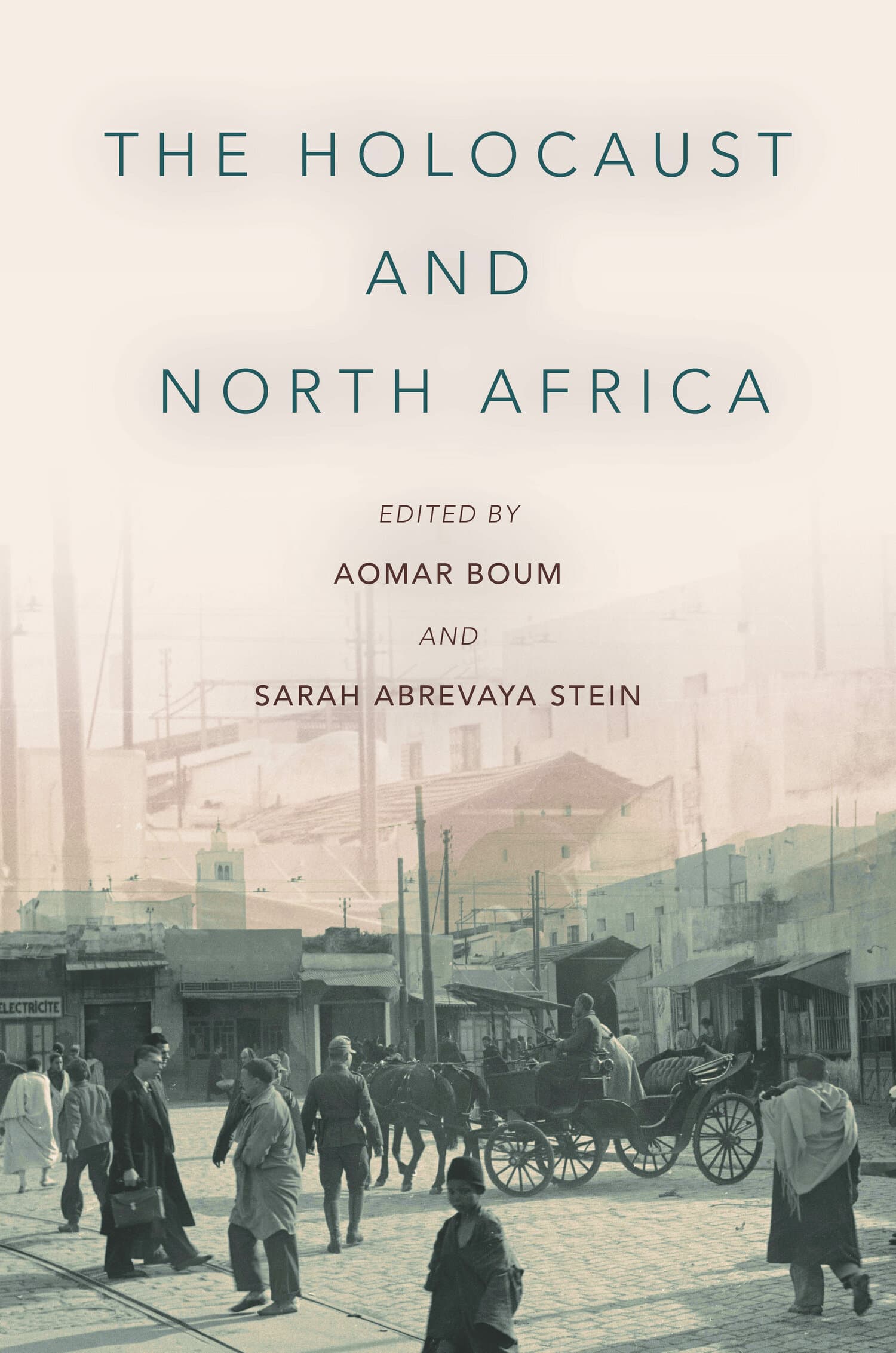Maghreb Noir
Award Winner
2024: L. Carl Brown AIMS Book Prize in North African Studies
Honorable Mention for the 2024 L. Carl Brown AIMS Book Prize in North African Studies, sponsored by the American Institute for Maghrib Studies (AIMS).

Upon their independence, Moroccan, Algerian, and Tunisian governments turned to the Global South and offered military and financial aid to Black liberation struggles. Tangier and Algiers attracted Black American and Caribbean artists eager to escape American white supremacy; Tunis hosted African filmmakers for the Journées Cinématographiques de Carthage; and young freedom fighters from across the African continent established military training camps in Morocco. North Africa became a haven for militant-artists, and the region reshaped postcolonial cultural discourse through the 1960s and 1970s.
Maghreb Noir dives into the personal and political lives of these militant-artists, who collectively challenged the neo-colonialist structures and the authoritarianism of African states. Drawing on Arabic, Spanish, Portuguese, French, and English sources, as well as interviews with the artists themselves, Paraska Tolan-Szkilnik expands our understanding of Pan-Africanism geographically, linguistically, and temporally. This network of militant-artists departed from the racial solidarity extolled by many of their nationalist forefathers, instead following in the footsteps of their intellectual mentor, Frantz Fanon. They argued for the creation of a new ideology of continued revolution—one that was transnational, trans-racial, and in defiance of the emerging nation-states. Maghreb Noir establishes the importance of North Africa in nurturing these global connections—and uncovers a lost history of grassroots collaboration among militant-artists from across the globe.
—Hisham Aidi, Columbia University, author of Rebel Music
"Maghreb Noir is a much-needed addition to North African studies. Rich, archivally informed and subtly argued, it captures the voices and footsteps of a generation of Pan-African militants and artists who chose the Maghreb as their stage of contestation. An essential read for anyone interested in Pan-African revolutionary politics."
—Aomar Boum, UCLA, author of Undesirables: A Holocaust Journey to North Africa
"Stimulating and convincing, Maghreb Noir renews our perspectives on both the Africanity of the Maghreb and its wider history."
—Jocelyne Dakhlia, École des hautes études en sciences sociales
"Tolan-Szkilnik's command of her sources and analytical approach has provided readers with aninsightful work that allows them to better understand the Maghreb and the nature of its cultural production between the 1950s and the 1970s."
—Tugrul Mende, The Markaz Review
"Drawing on interviews, personal papers, and the archives of many of the surviving protagonists, this lively book revisits the heady age of anticolonial revolution and political ferment in North Africa in the middle decades of the twentieth century, when liberation was in the air and solidarity was glamorous."
—Lisa Anderson, Foreign Affairs
"Tolan-Szkilnik... is opening a North African window on past dreams and struggles, when dissident Pan-Africanists used art to rebel against the constraints that repressive regimes had imposed on their potential and on their imaginations."
—Diana Wylie, H-Africa
"Tolan-Szkilnik has skillfully retrieved and beautifully represented the important histories of the Maghrebi Generation of militant artists and their contributions in the expansion of Pan-Africanist and anticolonial movements. Through a dispersive and multifaceted archive, the author of Maghreb Noir has not only rehabilitated the 'forsaken child' of the Pan-African movement in their rightful place but also ensured that the scope and variety of the research that produces this work guarantees their continued engagement within the field of African and African American studies."
—Moussa Seck, Research Africa Reviews
"Maghreb Noir is the historical account of an understudied phenomenon, which is the role the Maghreb played in the development of a post-colonial Pan-Africanism, intended both as a state-led project and as a state-skeptical movement. The book positions itself in a very recent and thriving debate on the multifaceted identities in the Maghreb, which has emerged thanks to the climate of freedom of expression after the popular revolutions in 2011."
—Marta Scaglioni, Research Africa Reviews
"Maghreb Noir is a significant contribution to a neglected historical period of postcolonial Pan-African activism in the Maghreb."
—A. Rassam, CHOICE
"Tolan-Szkilnik's work offers an important corrective to how the Maghreb has been marginalized in not just histories of Europe and the Middle East, but also histories of Africa and of Black internationalism."
—Sara Rahnama, American Historical Review




